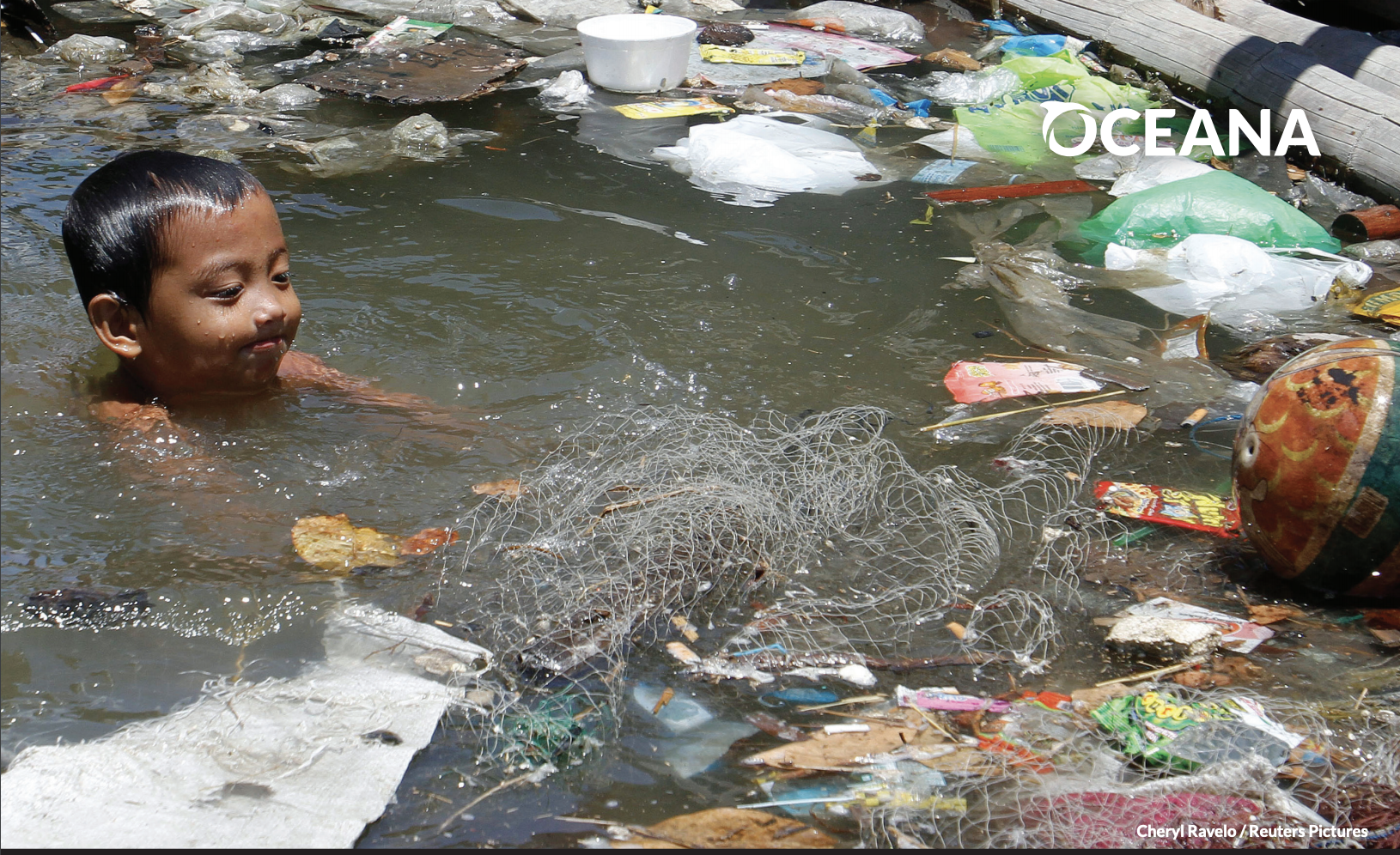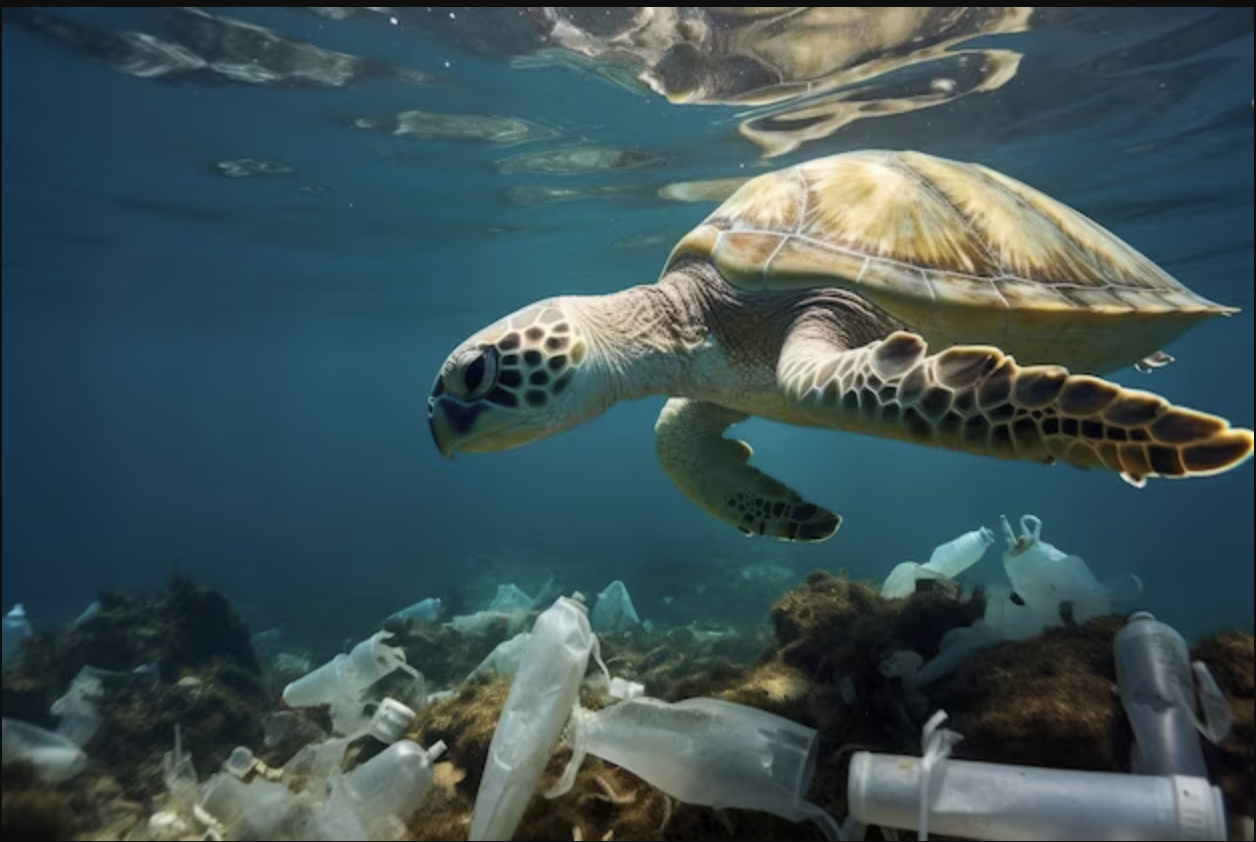
stop plastic pollution
before It goes Into the ocean

LET’S REBOOT OUR ECO SYSTEM
Each year, over 14 million tons of plastic enter the ocean, and by 2050, experts predict there could be more plastic than fish in the sea by weight if current trends continue. Plastic caps and lids are among the top five most common items found in ocean cleanups, contributing to 1.5 million marine animal deaths annually. This loss disrupts entire marine ecosystems, as species that ingest plastic suffer population declines, impacting coral reefs, fish stocks, and global fisheries—threatening coastal communities that rely on marine life for food and economic stability.
Beyond visible plastic waste, the crisis extends to microplastics, which form as plastic breaks down into particles smaller than 5 millimeters. These microplastics are now found in 100% of marine ecosystems, the air we breathe, and the food we eat—with studies detecting them in human blood, lungs, and placentas. Scientists estimate that the average person consumes up to a credit card’s worth of plastic (5 grams) every week, which is linked to hormone disruption, organ damage, immune system suppression, fertility issues, and increased inflammation tied to serious diseases, including cancer.
POP TOP LOCK’S goal is to secure 6% of the global aluminum can market by 2030, replacing 30 billion plastic lids and preventing at least 2,500 metric tons of microplastics from entering the environment. Studies show that one plastic bottle cap, when broken down, releases between 3,000 to 5,000 microplastic particles, contributing 0.08 grams of microplastics per cap. By eliminating 30 billion plastic lids, we prevent an estimated 2.4 trillion microplastic particles from contaminating oceans, soil, and drinking water—reducing the long-term accumulation of persistent plastic pollutants in marine ecosystems and the human food chain.
By eliminating single-use plastic lids, bottles, and microplastics, while transitioning to 100% aluminum, infinitely recyclable can ends with organic polymer linings, Pop Top Lock restores balance to nature. This shift will protect marine life by reducing plastic pollution in ocean ecosystems, improve air quality by cutting methane and ethylene gas emissions, and reduce plastic-related CO₂ emissions. Aluminum recycling uses 95% less energy than producing new plastic, and by replacing plastic beverage packaging with aluminum, Pop Top Lock could cut global carbon emissions by an estimated 1.2 million metric tons—the equivalent of planting over 20 million trees, which would absorb CO₂, improve air quality, and slow climate change.
Ocean acidification is primarily caused by CO₂ absorption from the atmosphere. Plastic pollution and the breakdown of plastics contribute to chemical pollution and worsen marine health, making ecosystems more vulnerable to acidification. Ocean acidification lowers seawater pH, reducing carbonate ions, which are essential for marine organisms like corals, shellfish, and plankton to build their shells and skeletons. This weakens ecosystems, disrupts food chains, and threatens fisheries and marine biodiversity.
5.25 trillion macro and micro pieces of plastic
are in our ocean now.
OCEAN
POLLUTION
STATISTICS
1 million seabirds and 100,000 marine animals die from plastic pollution every year. Marine plastic pollution has affected 100% of marine turtles, 59% of whales, 36% of seals, and 40% of seabirds of those examined. Over 1 million seabirds and 100,000 marine mammals are killed by ocean plastic every year. 700 species of marine animals are in danger of extinction due to pla
The world produces 381 million tonnes of plastic waste yearly – this is set to double by 2034.
50% of this is single-use plastic & only 9% has ever been recycled.
88% of the sea's surface is polluted by plastic waste.
Most floating plastics can be traced back to 5 fishing nations: the US, Japan, South Korea, China, and Taiwan
The US contributes 38 million tonnes of plastic every year.
8.3 billion plastic straws pollute the world’s beaches, but only 1% of straws end up as waste in the ocean.
1 in 3 fish caught for human consumption contains plastic.

This image is not AI

We are eating plastic…
The Ocean Cleanup
The Ocean Cleanup, a non-profit organization, is developing and scaling technologies to rid the world’s oceans of plastic. Our aim is to put ourselves out of business once the oceans are clean. Every year, millions of tons of plastic enter the oceans, primarily from rivers. And the plastic that’s afloat within the oceans isn’t going away by itself. To effectively solve the problem, we need to both halt the trash flow from rivers, and remove legacy plastics from the oceans at the same time. - The Ocean Clean up
Let’s take action to stop plastic waste in our oceans.





